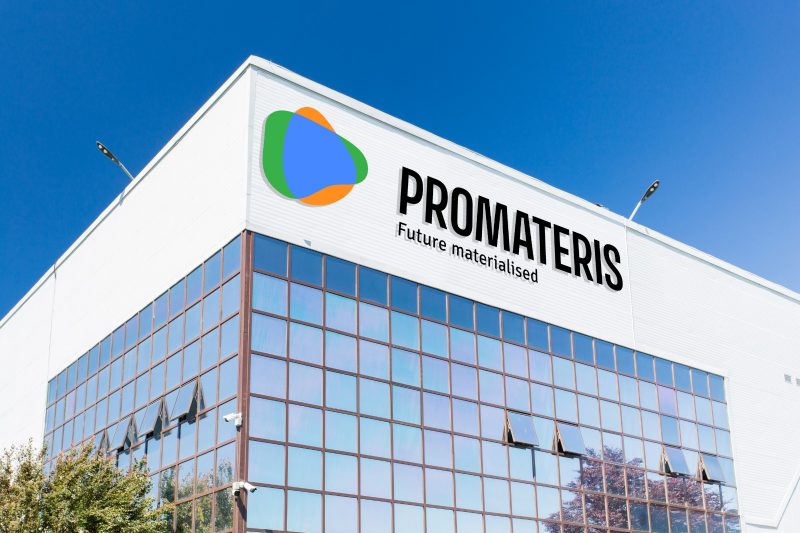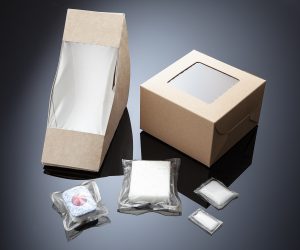

Promateris invests in building leading bioplastic production capacity in the CEE region
The manufacturer invested more than EUR 10 million in developing a state-of-the art facility near Bucharest, Romania, dedicated to processing bioplastics derived from renewable resources. Following this investment, Promateris becomes the leading production capacity in Central and Eastern Europe. By the end of 2020 the production capacity of Promateris will reach 15.000 tonnes/year.
Having more than 60 years of experience in the packaging manufacturing field, Promateris started manufacturing bio-based and compostable packaging in 2017 and developed a wide range of products, targeted for modern retail stores, waste management and distribution companies. Promateris will soon start the production of bio-based compostable gloves and will diversify its portfolio with currier and zipper bags. The company distributes its products in more than 10 European countries, such as: Greece, Austria, Hungary, Romania, Poland or Norway.
The Promateris plant from Buftea is a highly efficient plant, with performant equipment and experienced technicians that insure seamless workflows. The plant is designed in order to reach high standards of quality, environmental and safety requirements. Recently, Promateris achieved the goal of having 0% industrial waste, through installing a bioplastic recycling line, reducing waste through recovery ad re-conversion, in accordance with the principles of circular economy. The company hires 120 employees, most of them in production, R&D and quality control. Promateris is continuing the process of innovation in the sustainable manufacturing sector, through developing unique formulations and new proprietary technologies.
According to Tudor Georgescu – CEO of Promateris, “Increasing production capacity and efficiency was determined by increased market demand for compostable products. This is a natural step in the company’s evolution, developing a greater range of products for different applications, with an increasingly high content of renewable materials. This way we can integrate research, agriculture and industry in order to develop solutions with a reduced environmental impact”.
For more information go to www.promateris.com





